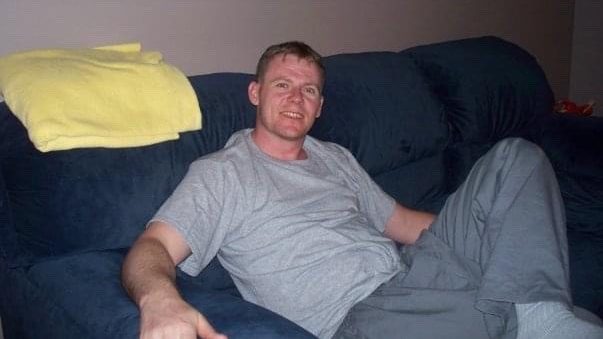Auditors ‘uncomfortable’ with some Nortel accounting: witness
Posted January 20, 2012 3:31 pm.
This article is more than 5 years old.
The first witness in the fraud trial of three former Nortel Networks executives says external auditors were “uncomfortable” with some of the company’s accounting practices.
The witness, Brian Harrison, Nortel’s former director of financial planning and analysis, says he had “very little” contact with auditors in his role — mainly reporting financial outlooks and results to management.
But Harrison says that in one rare meeting he had with outside auditors, during the preparation of first quarter results for 2003, Deloitte and Touche challenged why Nortel would release only $80 million of $189 million in so-called excess accruals — a matter that’s a key point in the Crown’s case.
“They were questioning the release of some while retaining others,” the soft-spoken snowy haired witness testified Friday.
Excess accruals are provisions for liabilities that had been booked in previous quarters and were no longer needed.
Prosecutors contend that under the direction of former CEO Frank Dunn, Nortel employees were encouraged to use reserves of accruals from previous quarters to give the illusion the company had returned to profitability.
The Crown alleges Nortel’s senior management released just enough onto their balance sheet to return the company to profitability and trigger millions of dollars of bonuses for senior management.
Defence lawyers argue that the auditors continually reviewed and approved Nortel’s books.
That $80 million out of a potential $189 million is key to the Crown’s case as it helped thrust Nortel into profit and offset the impact of the potential expense of $70 million in profitability bonuses that were to be paid out to employees.
Harrison said in his planning documents he had recommended releasing half of the accruals, although he admitted he “didn’t know if that was the right accounting or not.”
Harrison added that he was perplexed as to how $80 million was concluded to be the amount to release onto earnings during the quarter, as the last figure in planning documents was for $84 million.
The description of where the money came from on the press release sent out that quarter was also different from the one Harrison had seen, Harrison added.
The Crown argues the executives held on to that $4 million for use in boosting profits in subsequent quarters because the release of $80 million in the first quarter was enough to spark the bonus plan.
The defence maintains that the $4 million was rightfully set aside to cover any potential additional expenses stemming from a settlement with Siemens, after particularly “rancourous” dealings with the German technology company.
The defence also says there was no reason the accused executives would juggle the finances in the first two quarters of 2003 because even after the company’s finances were twice restated for the period, data shows they still would have earned the nearly $10 million in bonuses that year.










